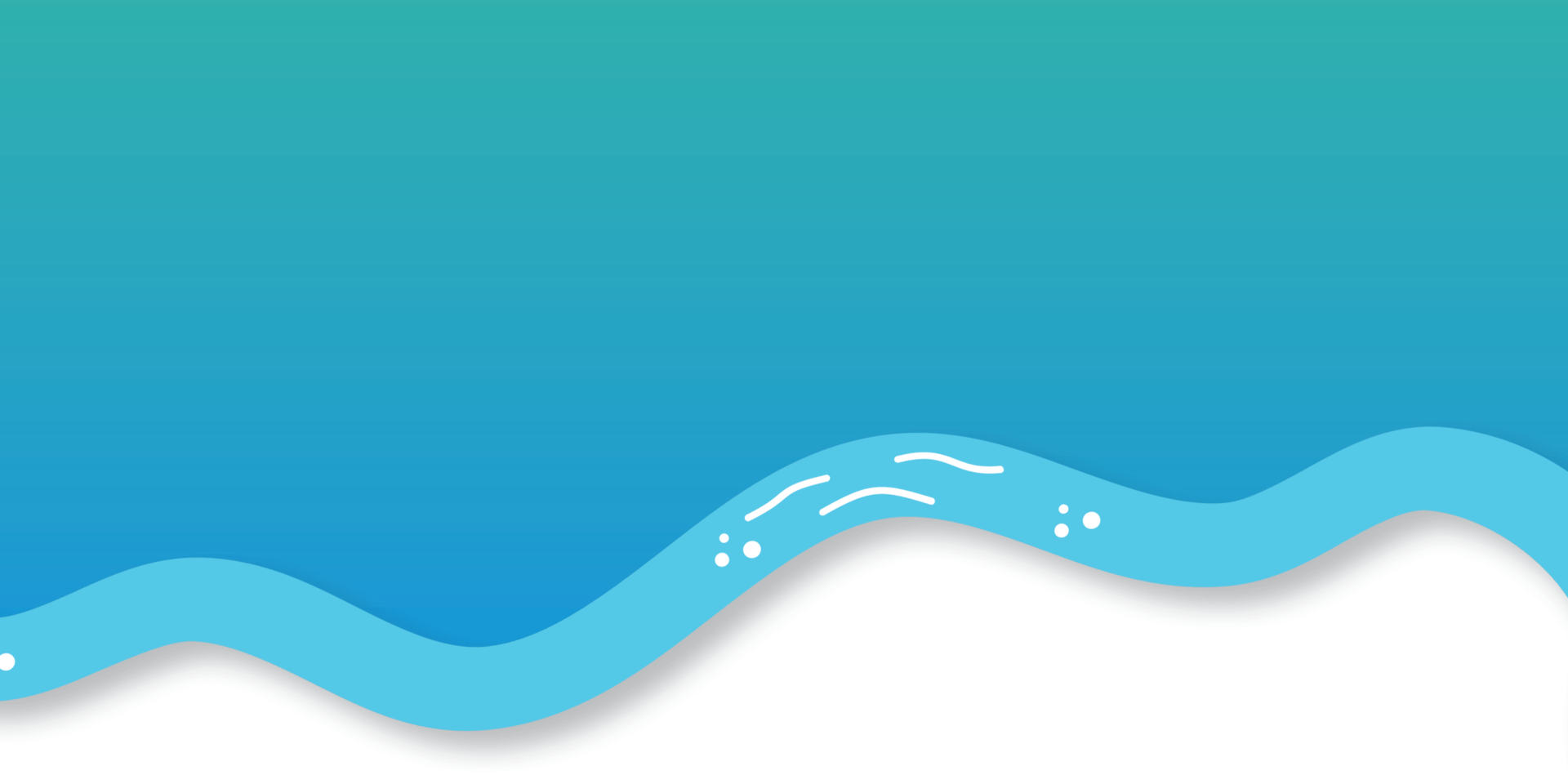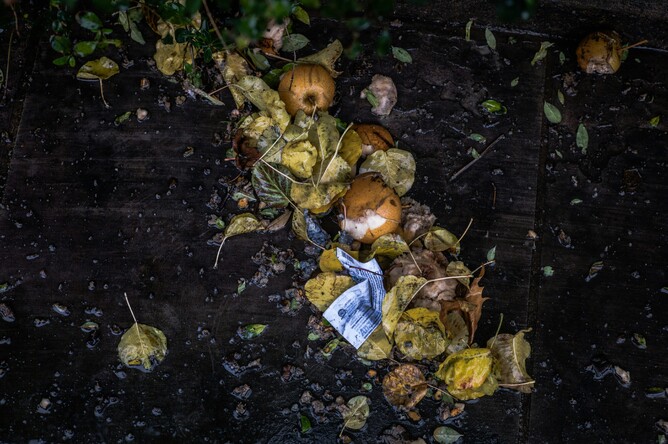Update provided by Valerie Bianchi, Manu Taki SDG 12, Waste Prevention Advisor Waikato Regional Council.
Introduction
The Waikato Wellbeing SDG12 goal is to “Increase the number of households, schools, businesses and farms who reduce their waste leading to a 50% reduction of waste to landfill by 2030.” As a first step toward meeting this goal, Waikato Regional Council has been collecting relevant data to identify the most effective way to action this goal. This first included collecting data on waste, recycling and recovery activities through the Waikato and Bay of Plenty Waste and Recycling Stocktake 2021. This showed that 48% of kerbside rubbish being sent to landfill in the Waikato Region was made of organic material that could otherwise be diverted.
In tandem to the Stocktake, WRC also carried out a study on how local government might engage with circular economy. Through The journey to a circular economy in the Waikato Region, it was determined that further investigation into organic material systems was one of the highest priorities among our local government partners. In response to these reports, the Circularising Organics project was carried out with funding from MfE’s Waste Minimisation Fund, Waikato Wellbeing Project and Waikato Regional Council.
The Circularising Organics (CO) was coordinated by the Waikato Regional Council and carried out by a team of researchers. The CO project aims to assist in decision making to develop a robust organic material system. CO research set out to investigate the implications of different types and methods of collections and processing organic material, contamination and how this might be mitigated, and identify what end markets already exist for a high-quality product.
The project draws on circular economy principles to design waste and pollution out; keep products and materials in use for as long as possible; and regenerate nature via creating small closed system loops (Ellen McArthur Foundation n.d.). To add to this, circular economy should also aim to increase social and cultural equity (Bianchi and Yates 2022). Drawing on these principles, the CO project contributes to the development of robust and resilient organics material systems that improve soil health, reduces emissions, feeds families, creates jobs and increases mana.
What was Achieved?
Six reports and one online tool have been published as part of The Circularising Organics Project. The valuable findings from this research will influence the development of a robust organic material system. Conclusions include:
Organic material and their processing options need to be viewed as part of a broader set of interconnected systems;
A network approach will add resilience to the whole organics material systems; and
The economic value from organic material management is reliant on high-quality, contaminant free product(s).
Next Steps
The original scope of the project included a study on local government procurement of compost type products to determine if there are internal markets. It was found this study needed a broader scope and further development and was not ready to be published. This research is underway with an expanded scope with a publish date in this financial year.
In response to the finding around developing a network approach to organic material systems, WRC are discussing the possibility of a community compost hubs project with Para Kore, Waipa District Council, Waikato District Council, and Hamilton City Council.
WRC are also preparing another application to MfE’s Waste Minimisation Fund for a project which would look at a Central North Island plan for infrastructure that would enable a geographic rather than political boundary look at the systems and physical infrastructure that would support reuse systems, organic processing systems as well as traditional recycling and waste systems. The Circularising Organics Project will provide valuable insights for this project and will enable effective consultation with stakeholders, especially Iwi.
The information has been presented at the WasteMinz conference in May and will be presented at a WWP hui on 6 August.


